Tips to Prevent Food Allergies in Pets
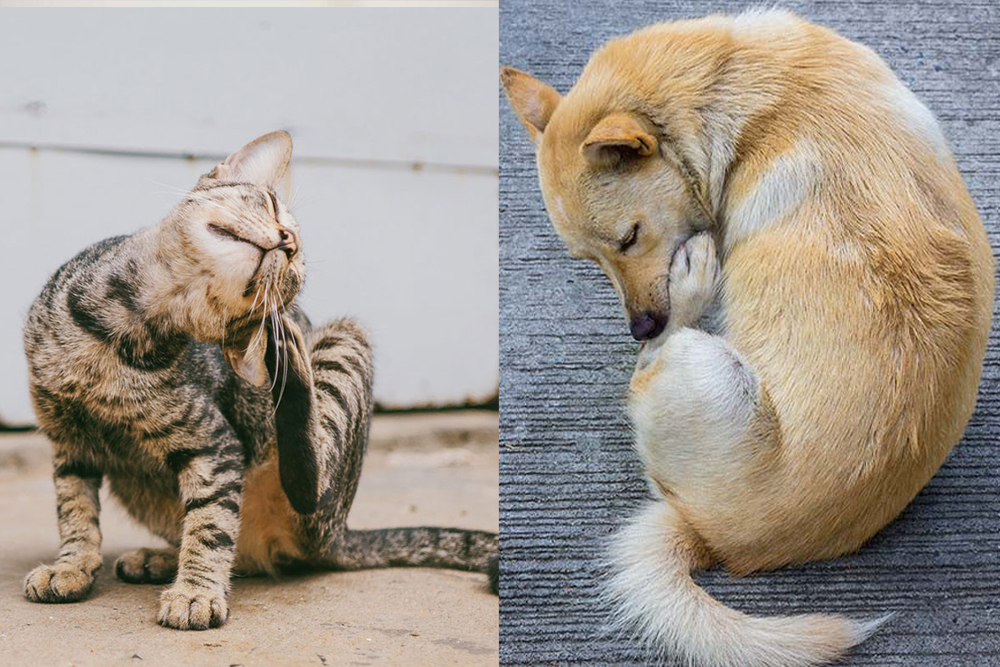
Food allergies in pets are becoming increasingly common these days. It can be frustrating and stressful for pet owners to watch their furry friends suffer from allergies. It is important to understand the causes of food allergies in pets and take preventative measures to keep them healthy and happy. In this article, we will discuss some useful tips to help pet owners avoid food allergies in their pets.
Food allergies occur when the immune system overreacts to a certain food ingredient, mistaking it for a harmful substance. The most common food allergens for pets include beef, dairy, chicken, lamb, fish, and soy. Food allergies can lead to a variety of symptoms in pets, including skin irritations, digestive problems, and respiratory issues. In severe cases, food allergies can cause anaphylaxis, a life-threatening condition that requires immediate medical attention.
Related articles
1- How to introduce new foods to your pet’s diet
2- 5 Tips to maintain your pet’s healthy weight
3- Natural foods that can be included in your pet’s
4- The benefits of a natural diet for dogs and cats
Tip 1: Read the Label
The first tip to prevent food allergies in your pets is to read the label of their food carefully. Look for high-quality ingredients that provide balanced nutrition for your pet’s needs. Avoid low-quality ingredients that may trigger an allergic reaction, such as by-products, animal fat, artificial colors, flavors, preservatives, and sweeteners.
The most common allergens for pets are animal proteins, such as chicken, beef, dairy, egg, and fish. Some pets may also be allergic to plant-based ingredients, such as wheat or soy. If you suspect that your pet has a food allergy, try switching to a different protein source or a hypoallergenic diet that contains novel or hydrolyzed proteins.
Tip 2: Consult Your Vet
The second tip to prevent food allergies in your pets is to consult your vet regularly. Your vet can help you determine if your pet has a food allergy or another condition that causes similar symptoms, such as flea allergy dermatitis, atopic dermatitis, or intestinal parasites.
Your vet can also help you perform a food trial, which is the best way to diagnose a food allergy. A food trial involves feeding your pet a special diet that contains only one protein and one carbohydrate source for 8-12 weeks, and nothing else (no treats, flavored toys, or toothpaste). If your pet’s symptoms improve during the trial, it means that they were allergic to something in their previous diet. You can then reintroduce one ingredient at a time until you find the culprit34.
Tip 3: Stick to a Safe Diet
The third tip to prevent food allergies in your pets is to stick to a safe diet once you have identified the allergen(s). Avoid feeding your pet anything that contains the ingredient(s) they are allergic to, as even small amounts can cause a flare-up. You can either continue feeding your pet the special diet from the food trial or choose another commercial diet that does not contain the allergen(s).
You may also consider making homemade food for your pet, but only under the guidance of your vet or a veterinary nutritionist. Homemade diets require careful planning and balancing to ensure that they meet all of your pet’s nutritional needs.
Tip 4: Keep an Eye on Your Pet
The fourth tip to prevent food allergies in your pets is to keep an eye on your pet’s symptoms and behavior. Monitor their skin condition, coat quality, appetite, energy level, stool consistency, and weight. If you notice any changes or signs of discomfort, contact your vet as soon as possible.
Some pets may have mild or intermittent symptoms that are easy to miss or ignore. However, even mild symptoms can affect your pet’s quality of life and indicate a chronic inflammation that can lead to other health problems. Therefore, it’s important to check your pet regularly and report any concerns to your vet.
Tip 5: Support Your Pet with Supplements
The fifth tip to prevent food allergies in your pets is to support your pet with supplements that can boost their immune system and reduce inflammation. Some supplements that may help include:
- Omega-3 fatty acids: These are essential fats that have anti-inflammatory properties and can help improve skin and coat health. You can find them in fish oil or flaxseed oil supplements.
- Probiotics: These are beneficial bacteria that can help balance the gut flora and improve digestion. You can find them in yogurt or specially formulated supplements for pets.
- Antioxidants: These are substances that can help protect the cells from oxidative damage and support the immune system. You can find them in fruits, vegetables, herbs, or supplements.
Always consult your vet before giving any supplements to your pet, as some may interact with medications or cause side effects.
Tip 6: Prevent Cross-Contamination
The sixth tip to prevent food allergies in your pets is to prevent cross-contamination between different foods. This means keeping your pet’s food separate from other foods that may contain allergens, such as human food, other pet food, or treats.
You should also wash your hands, utensils, bowls, and surfaces thoroughly after handling any food that may contain allergens. This will prevent any traces of allergens from getting into your pet’s food and causing a reaction.
Food allergies in pets can be a frustrating and challenging condition for both you and your furry friend. But by following these tips, you can prevent them from happening and keep your pet healthy and happy. Remember, the best way to prevent food allergies in pets is to feed them a high-quality diet that suits their individual needs and preferences.
Sobre o Autor
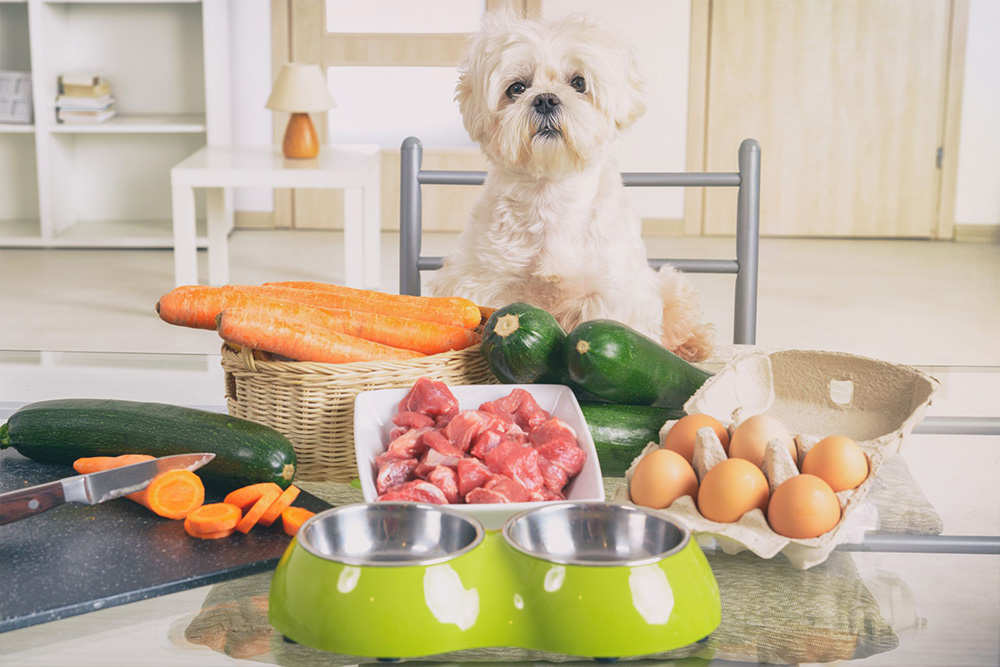
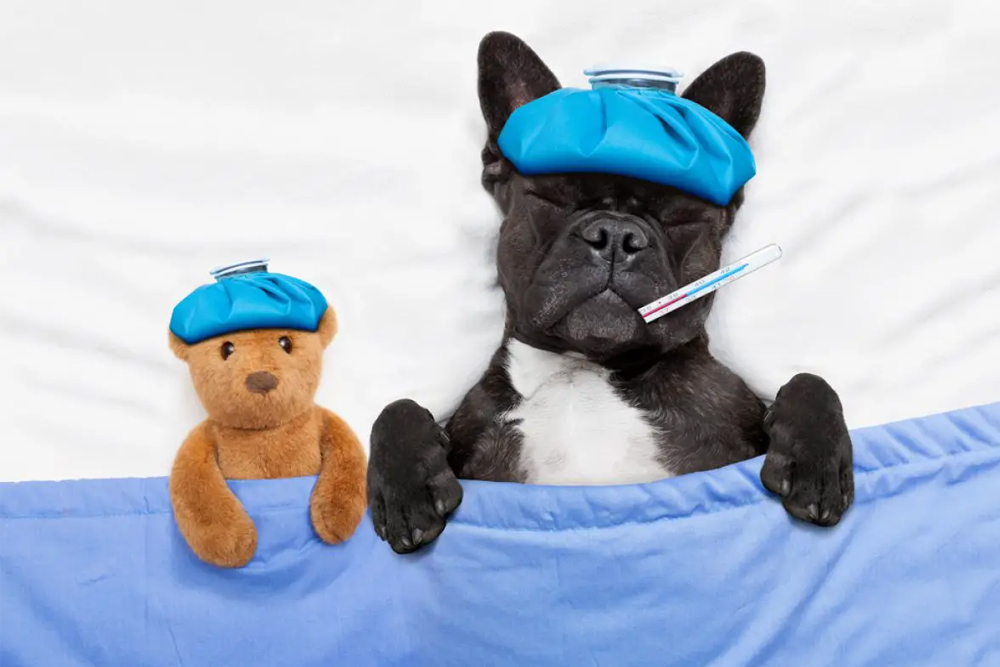
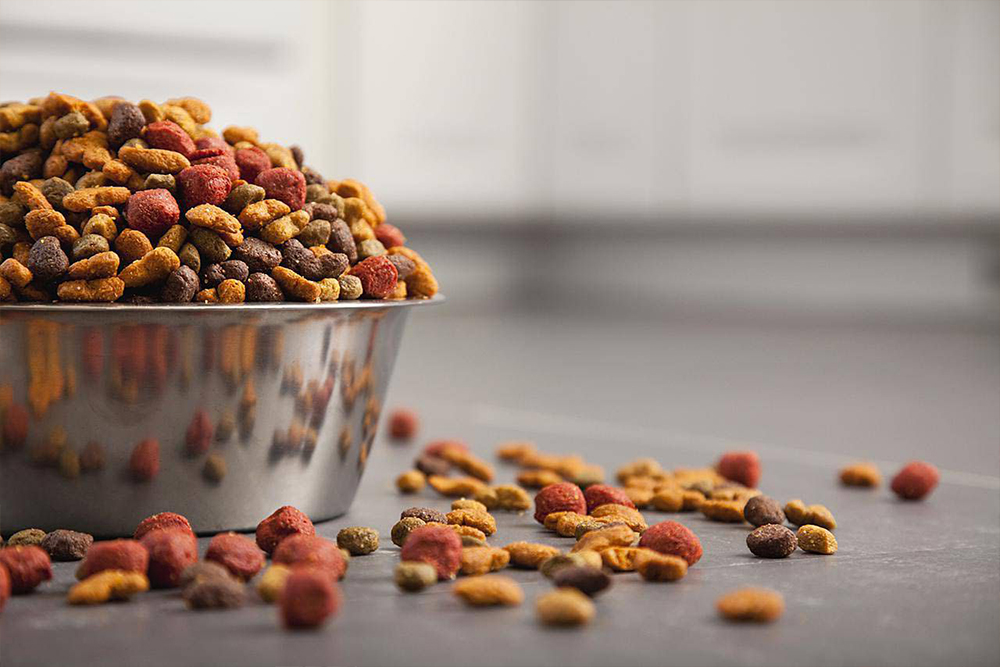
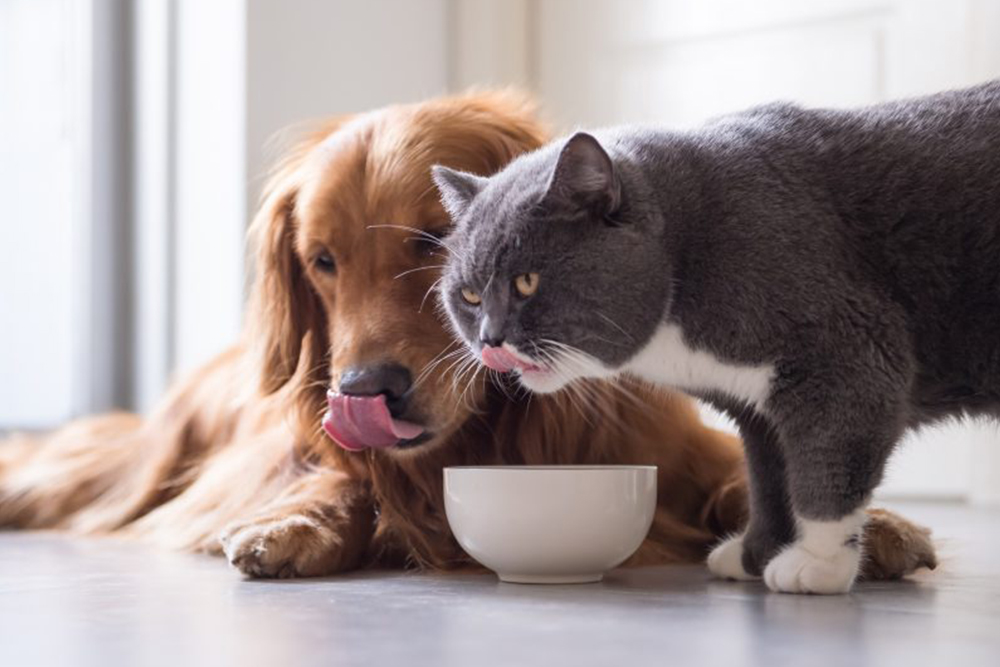
0 Comentários